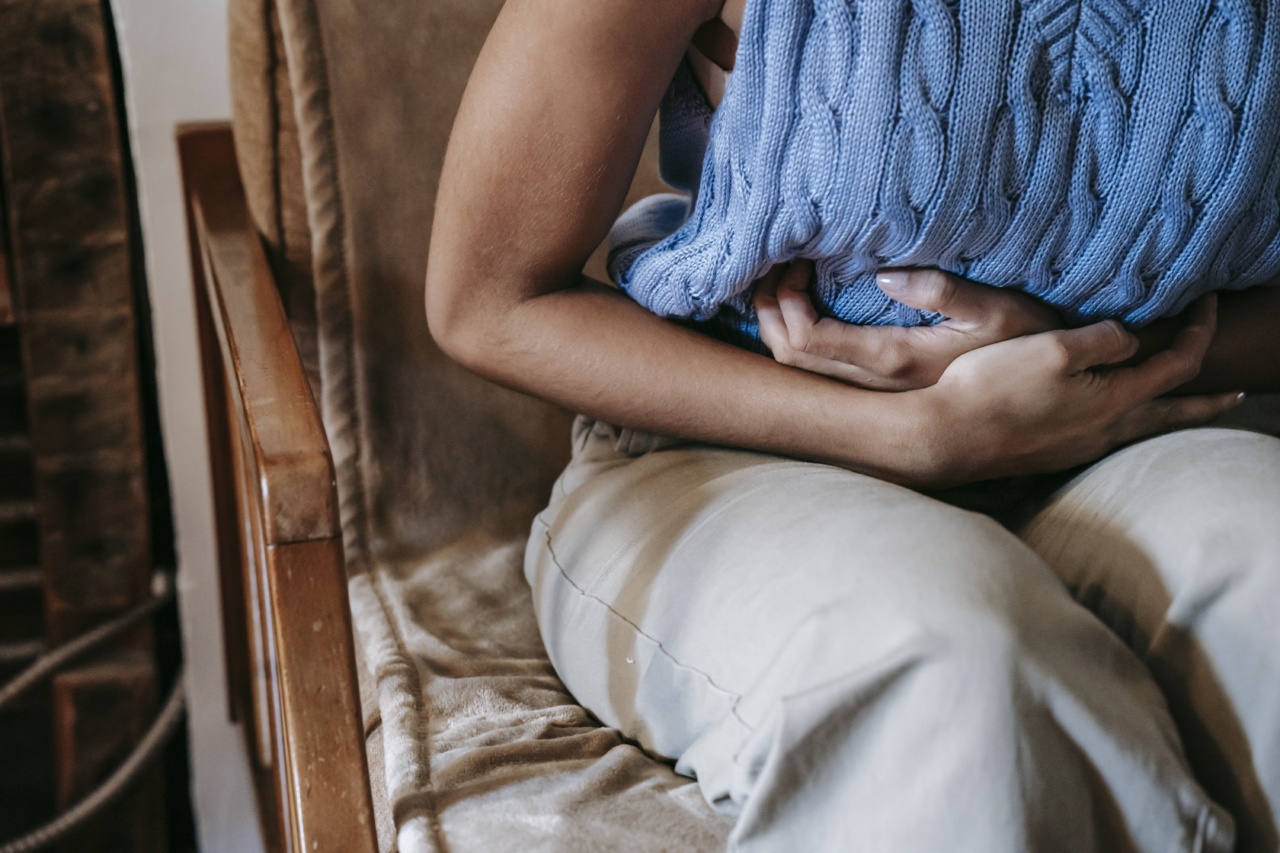Embarrassing symptoms can arise from a variety of reasons. Sometimes they are caused by a lack of hygiene or a personal habit, while other times they can be a sign of a serious medical condition.
It is important to pay attention to your body and seek medical attention if you notice any of these symptoms:.
1) Bad Breath
Bad breath, or halitosis, can be caused by poor dental hygiene, dehydration, and certain foods. However, it can also be a sign of more serious conditions, such as gum disease, sinus infections, or diabetes.
If you have persistent bad breath, it is important to see your dentist or doctor to rule out any underlying health issues.
2) Body Odor
Body odor can be caused by certain foods, alcohol consumption, and poor hygiene. However, it can also be a sign of an underlying medical condition, such as a metabolic disorder or thyroid issues.
If you notice a persistent foul odor, even after showering and changing your clothes, talk to your doctor.
3) Excessive Sweating
Excessive sweating, or hyperhidrosis, can be caused by genetics, certain medications, or medical conditions such as diabetes and thyroid problems.
If you sweat excessively, even in cooler temperatures or when you are not exercising, make an appointment to see your doctor.
4) Flatulence
Flatulence, or passing gas, is a normal bodily process that occurs when we digest food. However, excessive flatulence can be caused by certain foods or medical conditions such as lactose intolerance, celiac disease, and Irritable Bowel Syndrome (IBS).
If you experience frequent bloating, gas, and diarrhea, talk to your doctor about possible underlying digestive issues.
5) Incontinence
Incontinence, or the inability to control urination or bowel movements, can be caused by weak pelvic floor muscles, nerve damage, and certain medical conditions such as diabetes and Parkinson’s disease.
If you experience sudden urges to use the bathroom or have accidents, talk to your doctor about possible treatment options.
6) Skin Rashes
Skin rashes can be caused by allergies, dermatitis, and even stress. However, they can also be a sign of more serious conditions such as lupus and psoriasis.
If you have a persistent rash, accompanied by pain or fever, talk to your doctor as soon as possible.
7) Unwanted Hair Growth
Unwanted hair growth can be caused by genetics or hormonal imbalances, such as polycystic ovary syndrome (PCOS). While it is not typically a dangerous symptom, it can be embarrassing and impact self-esteem.
Speak to your doctor about possible treatment options, such as laser hair removal or medication.
8) Erectile Dysfunction
Erectile dysfunction (ED) is a common issue that can be caused by stress, anxiety, and certain medications. However, it can also be a sign of underlying medical conditions such as high blood pressure, diabetes, and heart disease.
If you experience persistent ED, talk to your doctor about possible causes and treatment options.
9) Menstrual Irregularities
Menstrual irregularities can be caused by stress, changes in weight, and certain medications. However, they can also be a sign of more serious conditions such as primary ovarian insufficiency and polycystic ovary syndrome (PCOS).
If you experience irregular periods or have concerns about your menstrual cycle, talk to your doctor as soon as possible.
10) Rectal Bleeding
Rectal bleeding can be caused by hemorrhoids, anal fissures, and even certain medications. However, it can also be a sign of serious medical conditions such as colorectal cancer.
If you notice rectal bleeding, especially if it is accompanied by abdominal pain and changes in bowel habits, seek medical attention as soon as possible.































